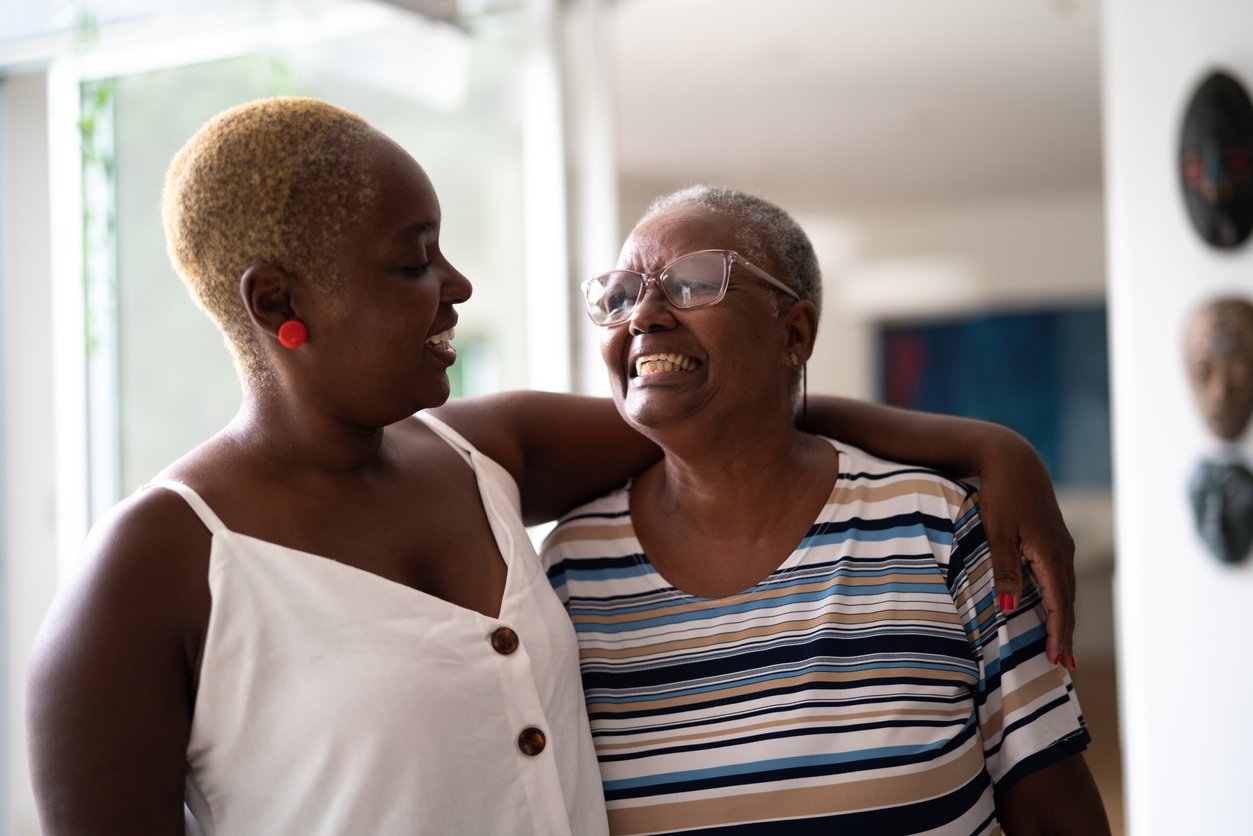Rosalynn Carter once said, “There are four kinds of people: those who have been caregivers; those who are currently caregivers; those who will be caregivers; and those who will need caregivers.” Many of us find ourselves in the role of caregiver due to different circumstances and responsibilities. Although each caregiving experience is unique, it is a journey that most of us will go through.
No matter how we became caregivers, there are a few things we can all agree on:
- Our responsibilities have changed, and we are often asked to do things we are not used to.
- The work is physically and emotionally exhausting.
- It’s not always clear what lies ahead or what to expect along the way.
- Caregiving involves a wide range of emotions, some of which are considered taboo and are rarely discussed.
In reality, caregivers experience a mix of emotions, such as ambivalence, resentment, anxiety, grief, loneliness, fear, and even joy. These emotions can fluctuate within a single day. Society expects caregivers to always be positive and not complain, but it’s important to recognize that these emotions are normal and healthy. We need to find ways to acknowledge, feel, and express them.
- Ambivalence: Sometimes caregiving feels like a blessing, allowing us to spend quality time with our loved ones. At other times, it can feel overwhelming. These conflicting feelings are a way for our minds to process the reality of our situation.
- Anger: Many caregivers struggle with anger. We may feel ashamed, thinking we should have better self-control. We might consider anger selfish because we believe we should focus solely on our loved one’s needs. Additionally, anger can feel dangerous, as we try to avoid conflict. However, it’s essential to address our frustrations, resentment, sadness, and worries, as they are common responses to caregiving.
- Guilt: Caregivers often experience guilt because we feel like we’re never doing enough. We carry the expectations of our family, culture, and faith, and become our harshest critics. Making difficult decisions can lead to doubt, internal conflict, and regret.
- Grief and Loss: While we typically associate grief with the loss of someone, caregiving can also bring grief and loss. We may mourn the loss of control over our own lives, the change in our relationship with our partner or parent, the loss of independence, or the shattered plans for the future. This grief is different from traditional mourning, as our loved one is still alive. The sense of loss is real, but it often goes unrecognized by others, leaving us feeling isolated.
However, we can channel these emotions for positive outcomes:
- Our feelings can guide us in setting personal boundaries and saying “no” when necessary.
- Emotions can fuel our advocacy efforts for loved ones with healthcare providers, social service agencies, and policymakers.
- Recognizing our emotions helps us understand when our own well-being is being neglected.
To cope with the emotional rollercoaster of caregiving, here are some steps you can take:
- Be realistic: Focus on what you can do, rather than feeling overwhelmed by what you can’t.
- Set achievable goals: Break tasks into smaller, manageable steps.
- Build a care team and accept help: Reach out to community resources, friends, and family.
- Trust your emotions: They are valid and play an important role in your caregiving journey.
- Practice self-forgiveness: Remember that we are all human and make mistakes.
- Prioritize self-care: Take care of yourself to ensure you can care for others.
- Seek support and resources from programs designed for family caregivers and their loved ones.
Caregiving is a challenging role, but by acknowledging and accepting our emotions, setting realistic goals, and seeking support, we can navigate this journey with greater resilience and well-being.



